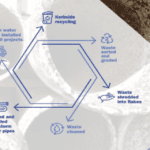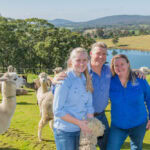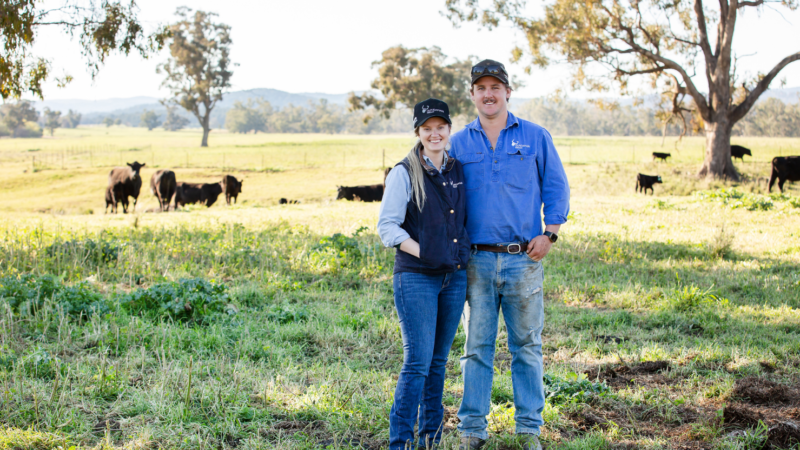The renewable energy hub project by Innovating Energy is possible due to grant assistance under…
Cicada GrowLab: an ag ideas hub
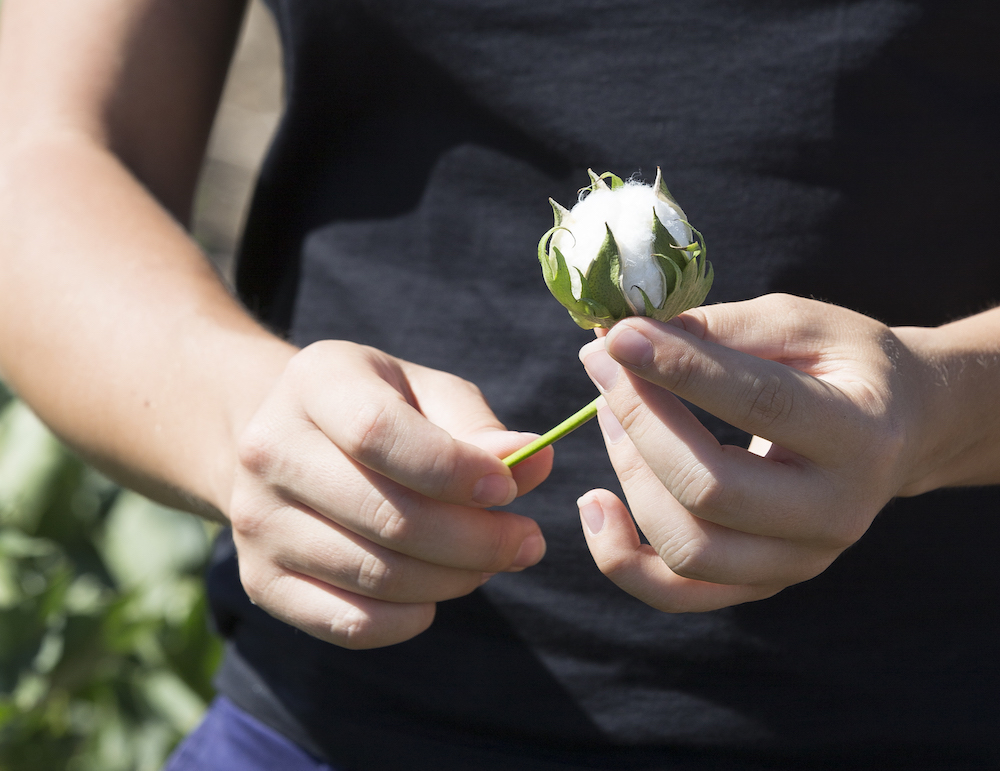
Tucked behind Sydney�s Redfern train station, Australia�s pioneer deep-tech business incubator is buzzing with activity in a heritage red-brick building that once housed a steam-engine workshop. With onsite residencies, fully equipped wet labs, prototyping facilities, mentoring, and business and investor networking, Cicada GrowLab (the agrifood program of Cicada Innovations) is committed to bringing cutting-edge, sustainable technology to�market.
Supported by the University of Sydney, the University of NSW, Australian National University and the University of Technology Sydney, �Cicada GrowLab provides high-growth agrifood tech companies with the tools to take their ideas and innovations from the lab and out into the farms and industries where they will have the most impact,� says Cicada CEO Sally-Ann Williams.�
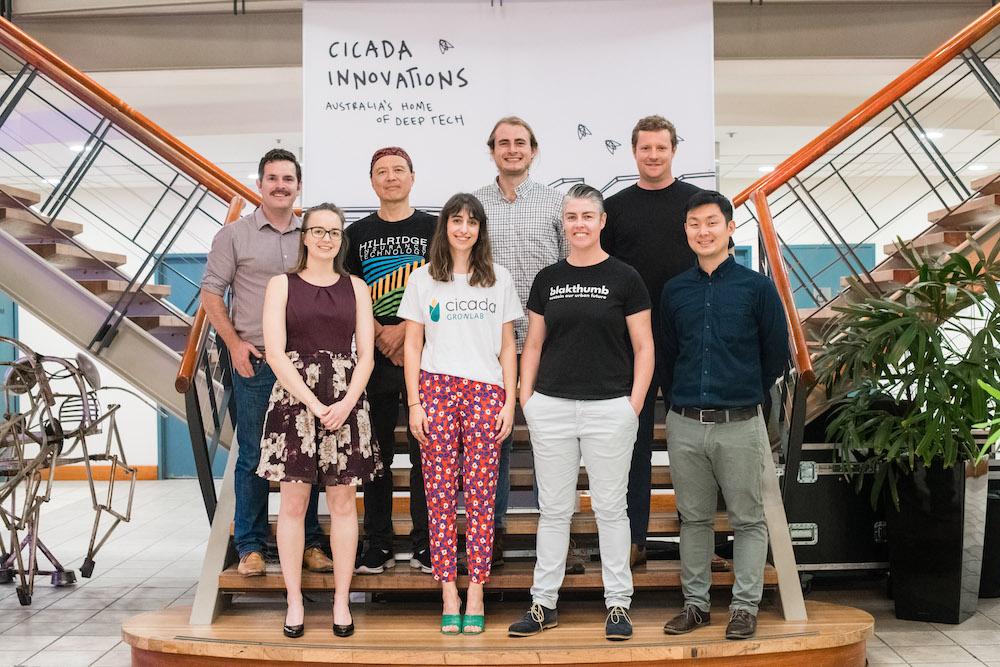
The proof is in the pudding. Since its foundation in 2000, Cicada has helped more than 300 companies raise over $450 million in venture capital and government grants, created hundreds of jobs, filed more than 500 patents and trademarks, and launched more than 700 deep tech innovations globally. And it�s twice been awarded Top Incubator in the World by the International Business Innovation Association (InBIA), the international peak body for business incubation and entrepreneurship. Some of these innovations will soon become available to farmers in NSW.
Here are some of the trailblazers.
FluroSat
Ukrainian aeronautical engineer Anastasia Volkova combined her passion for space technology and environmental sustainability to create FluroSat.�
FluroSat offers a range of products, including a cloud-based crop management and analytics platform, high-resolution satellite imagery and other artificial intelligence to help agronomists and farmers make informed decisions about plant health and efficient fertiliser use to reduce wastage and farm more sustainably.
Their data analytics platform uses proprietary algorithms to assess the health and potential yield of crops, identify and classify problems and propose solutions. Using imaging sensors to detect when crops are in trouble long before their distress is discernible to the naked eye, FluroSat compares the crop in ground with its digital twin to make real-time recommendations to farm managers.

�Cicada was invaluable in our early-stage project guidance. They ensured we identified and researched the most pressing issues facing farmers so we focused on the right solutions.�
Ukrainian aeronautical engineer Anastasia Volkova, founder of FluroSat.�
FluroSat�s technology is now being rolled out worldwide. The engineering and science team is located at Cicada, while Anastasia has moved to Los Angeles, where the commercial team is based. They also have offices in Europe and Latin America.
InvertiGro
InvertiGro co-founders Ben Lee and Paul Millett�s mission is to feed the world in a smarter way, producing higher yields of nutritious fresh produce with less water, land and waste, with no herbicides or pesticides, and independent of climate extremes and supply-chain disruptions. They took part in GrowLab�s accelerator program in 2017-18 and have developed fully integrated, cost-effective and flexible indoor vertical farming solutions to enable sustainable, reliable production of fresh produce, from herbs and leafy greens to berries, fruit, vegetables, fibres and stock feed.
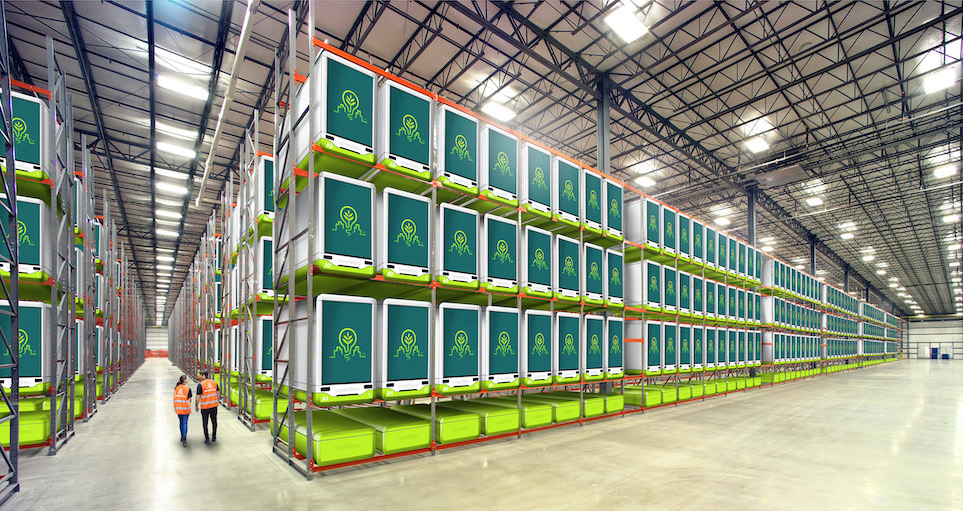
�Having all the lab facilities, as well as many other tech start-ups onsite, meant that we learned so much both from peers and mentors.��
InvertiGro co-founder Ben Lee
InvertiGro is working on the scalability and commercial potential of its technology with the goal of giving farmers new options to diversify their crops, reduce exposure to unpredictable climate conditions and grow their own supplementary livestock feed.
Sustinent
The meaning of the word sustinent (�serving to sustain�) expresses this start-up�s business model of embodying the circular economy. Harnessing biotechnology to transform agricultural green waste into new resources, the company�s first proprietary process converts sugar cane trash and crop stubble into nutrient-rich stock feed. They are also researching the possibility of converting stubble from hay, corn, cotton, rice and hemp into a wide range of high- and low-value end products, such as insulation panels, biodegradable packaging, medical products and human foods.
�The business model involves partnerships with primary producers, where Sustinent creates the biochemical and technical components, and manages the branding, marketing and distribution of the end products, and the producers do the material handling and production. It�s all about collaborations to convert waste into revenue streams.
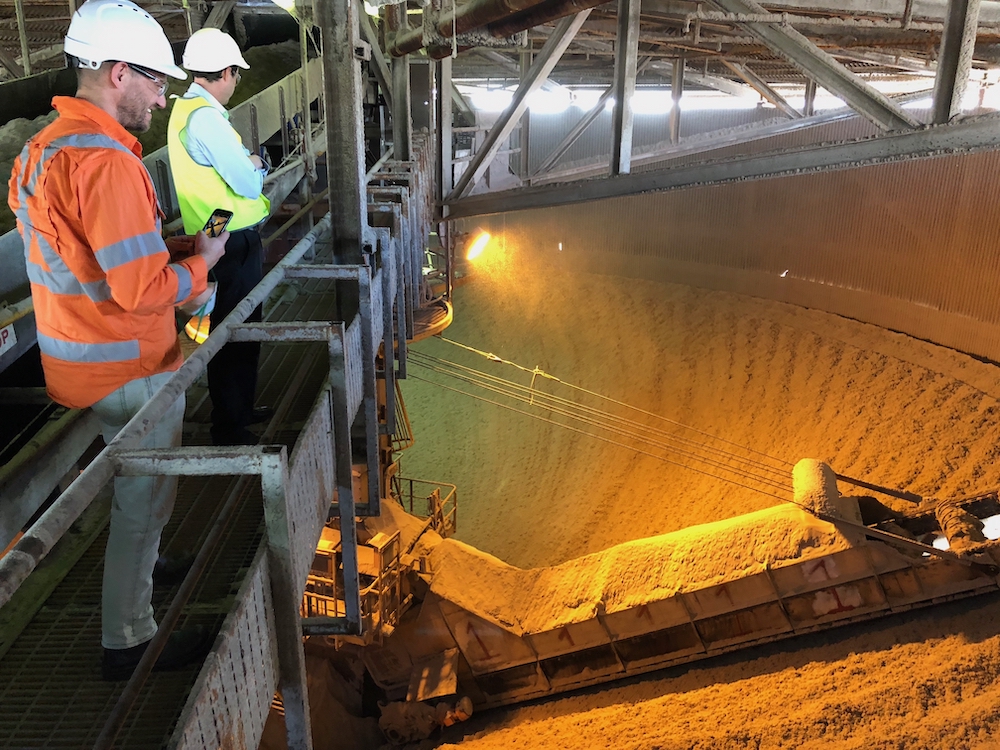
Co-founder Phil Ellery went through the GrowLab residency and presented his graduation idea, which interested entrepreneur Peter Tomich, who came onboard as CEO.�
�Cicada offers both elements for start-ups: the wet labs for deep tech as well as the mentoring to bridge the gap and take a great scientific idea into a commercial reality,� says Peter.
Sustinent is in the final stages of setting up a production site, in partnership with Sunshine Sugar, to convert sugar stubble into stock feed in the Northern Rivers. With offices at Cicada GrowLab, production facilities in Harbord and a research lab in Burleigh Heads, the company has gone from a laboratory concept to a product to raising capital, preparing production and earning revenue within two years.
LLEAF
LLEAF co-founders Alex Soeriyadi and Alex Falber combined their skills in polymer chemistry and polar technology to create an innovative luminescent greenhouse system that harnesses the power of sunlight to improve crop yield by up to 40 per cent, with little operational cost. A recent graduate of Cicada GrowLab, the company has focused on the complicated relationship between sunlight and yield,�and how different light filters impact both the growth of different plants and when plants stop growing and start making fruit.
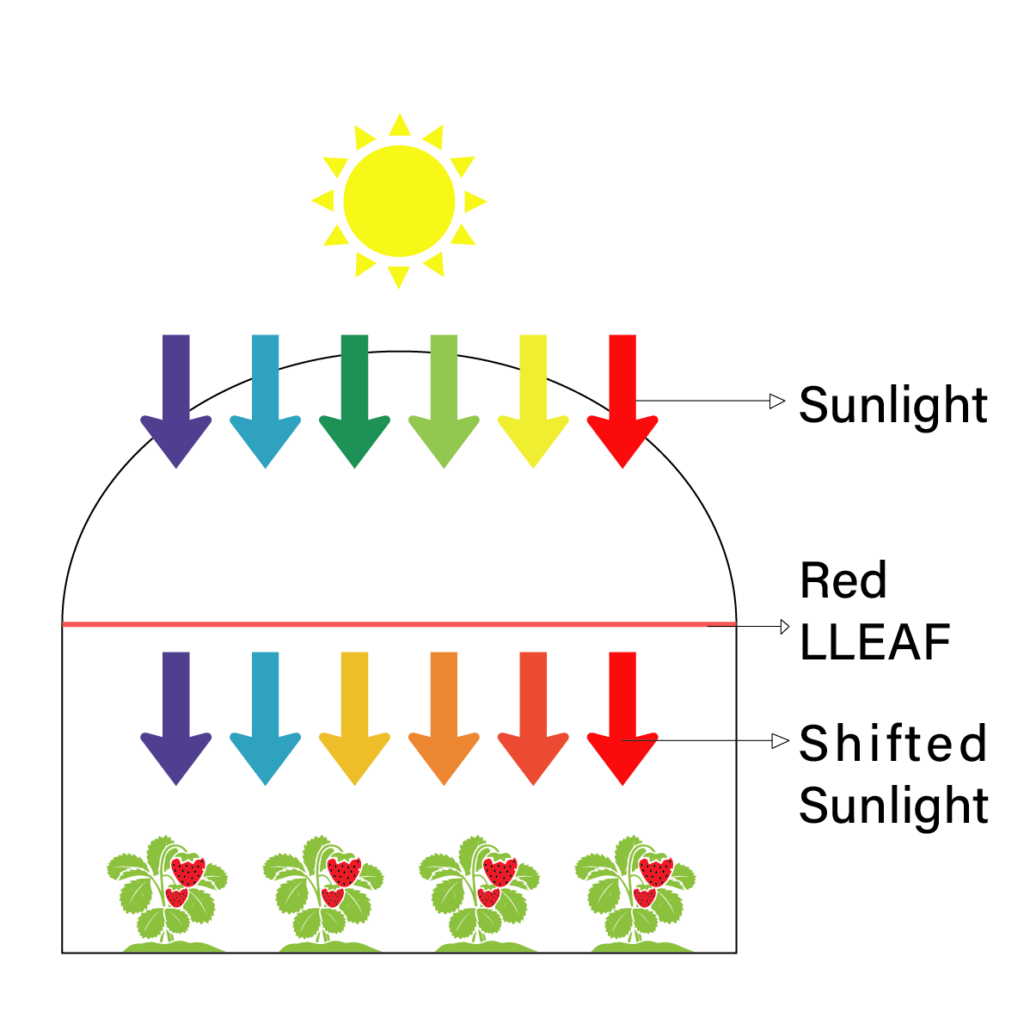
�Cicada gave us great support with wet labs and all sorts of deep tech infrastructure, but equally important are the mentors and the networking and brainstorming opportunities within this close-knit community,� says Soeriyadi. �They also helped us refine our business plan and develop a road map for the future.�
LLEAF�s technology has been trialled with four crops on three different continents and shown promising yield increases. They are now doing commercial trials in greenhouses at Western Sydney University as well as on the Central Coast, with conditions as close as possible to the weather farmers face. The company is seeking funding for even larger trials and aims to launch products later in 2021.
Hillridge Technology
Having witnessed the devastating impact of extreme weather on his family�s wheat and sheep farms in Victoria�s Millewa region, Hillridge Technology�s co-founder Dale Schilling wanted to arm the farming community with financial tools to better manage weather risks. Dale saw how large mining companies handled similar weather risks in his roles steering oil and gas projects for Mitsui & Co and leading the Boston Consulting Group�s global mining operations, and wanted to give equivalent options for family-run farms.
Another recent graduate from Cicada GrowLab, Hillridge Technology has been refining its technology to connect farmers to insurance underwriters, who develop weather-index protection for short-term insurance coverage based on the crops farmers are planting in specific paddocks.�
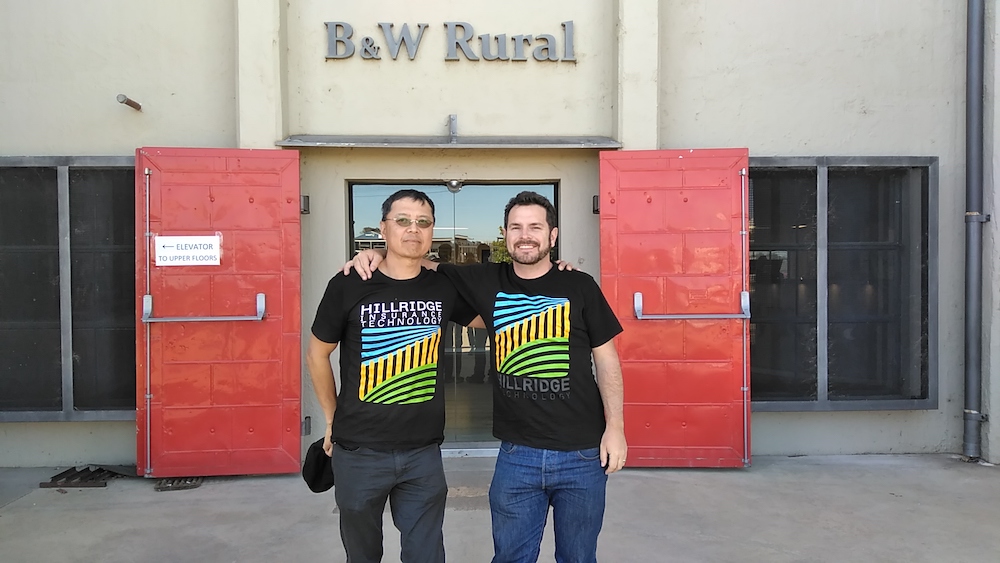
�Cicada GrowLab gave us a fundamental understanding of how start-ups work, showing us the importance of telling our story so that it resonated with potential investors. Their mentors have a deep knowledge of the agricultural domain and gave us key introductions to major agribusiness investors and government agencies.�
Hillridge Technology�s co-founder Dale Schilling
Farmers can already buy short-term insurance through links to underwriters on the Hillridge Technology site. Premiums are based on the likelihood of poor weather based on where and what is farmed, while the decision to pay comes from a trusted weather data source, not the arbitrary judgement of an insurance assessor, with payments automatically triggered when weather conditions are met and loss is confirmed. Indicative prices show how much it would cost to hedge against specific weather events.
As a Harvard MBA graduate, Dale is also paying things forward by becoming a mentor himself for the next generation of start-ups at Cicada GrowLab. In the process, Cicada is creating a community of founders to build an ecosystem of innovation across Australian and international agribusiness.
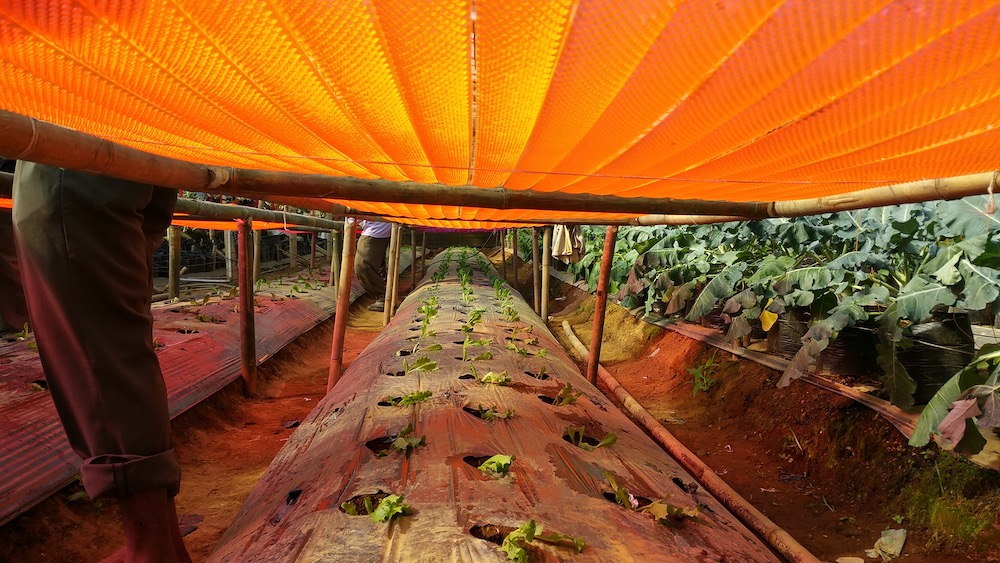
If you enjoyed this feature, you might like our story on smart farms of the future.


